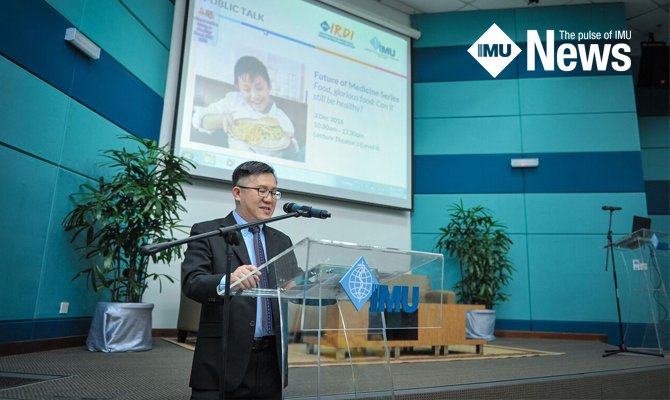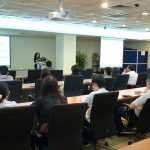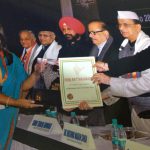Eating is one of the most basic activities of daily living to sustain life. Eating is not just about satisfying our hunger. Food plays a major role in health as the saying goes: You are what you eat. Hence, eating should be done in a healthful manner as good nutrition is very important in enhancing long life and good health. We benefit tremendously from eating healthily by not only improving our health conditions but also feeling better about ourselves. As a result, food undeniably correlates strongly to the status of our health. Most of the diseases humans are suffering, are attributably connected to our food intake. Hippocrates, the Father of Western Medicine who coined the term “Food is Medicine”, said almost 2,500 years ago, “Leave your drugs in the chemist’s pot if you can heal the patient with food.” The food we take can be the culprit to certain diseases in our human bodies, and yet it can be the source of medicine to treat ailments as well. 
Focusing on this topic, the Institute for Research, Development, and Innovation (IRDI), IMU had successfully organised a public talk titled Food, Glorious Food: Can It Be Still Healthy? on 3 December, 2016 in the Bukit Jalil campus. The primary aim of this public talk was to raise awareness amongst the general public on the facts and misconceptions about food in relation to health. This public talk was part of the Future of Medicine Series of talks aiming to inspire, inform, and create curiosity amongst the general public on new developments in science and medicine. Around 87 participants including IMU staff, students, researchers, healthcare professionals, and the general public attended this public talk.
The keynote speakers in this public talk consisted of Dr Ong Shu Hwa, Prof Dato’ Dr Sivalingam Nalliah, and Anthony Wong Wei Bing. Some of the key issues addressed in this public talk included:
| What should we eat to stay healthy? |
| Is there such thing as “healthy and unhealthy food”? |
| What is the connection between food and disease? |
| How different are the perspectives of Traditional Chinese Medicine compared to Western Medicine on the relationship between food and health? |
| Do we need to take dietary supplements to stay healthy?. |
Dr Ong Shu Hwa, a lecturer from the Division of Nutrition and Dietetics delivered a narrative on healthful eating. She highlighted that healthful eating should take into consideration of the factors of who we are, where we live, how we live our life, and our health status. Dr Ong remarked that healthful eating incorporates the essential components of healthy dietary patterns, the dosage of the food, food varieties, and balance with physical activity. 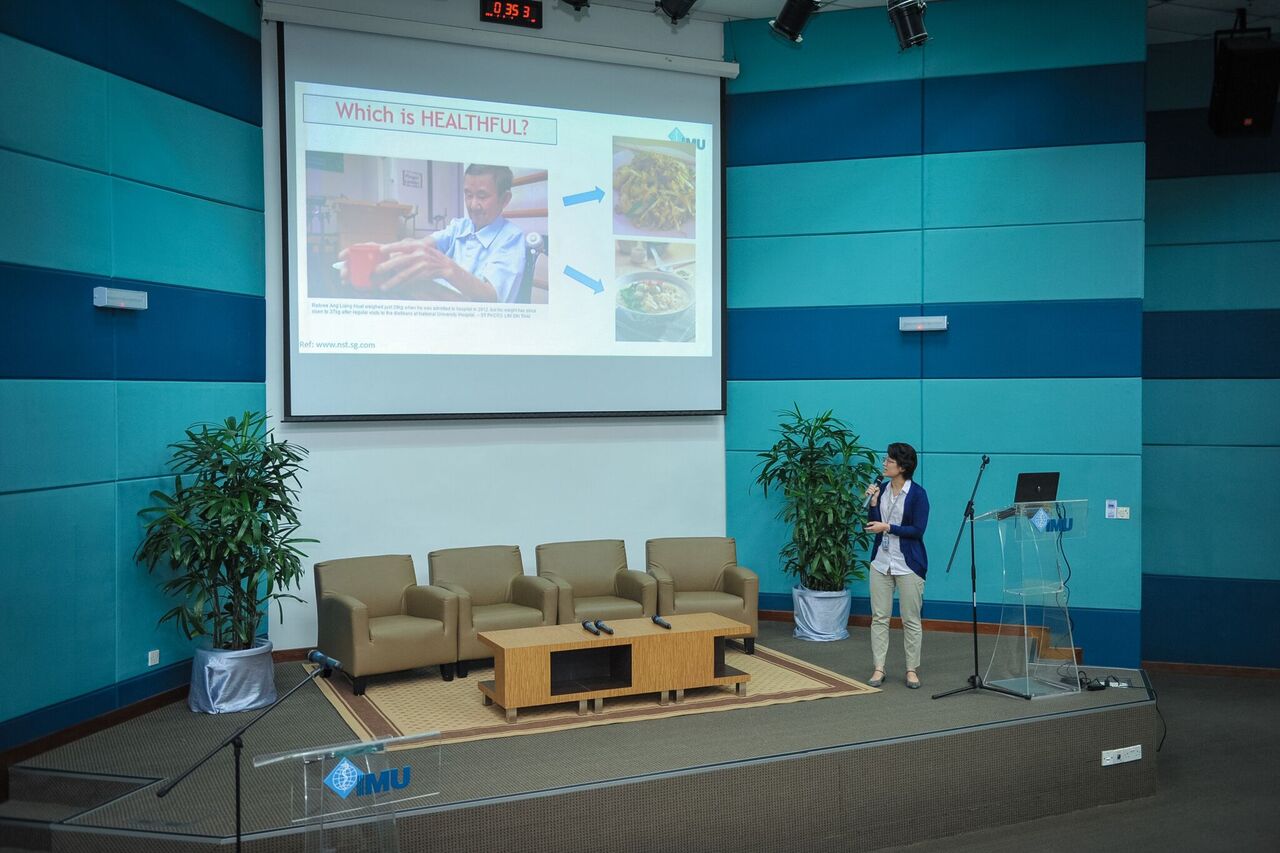
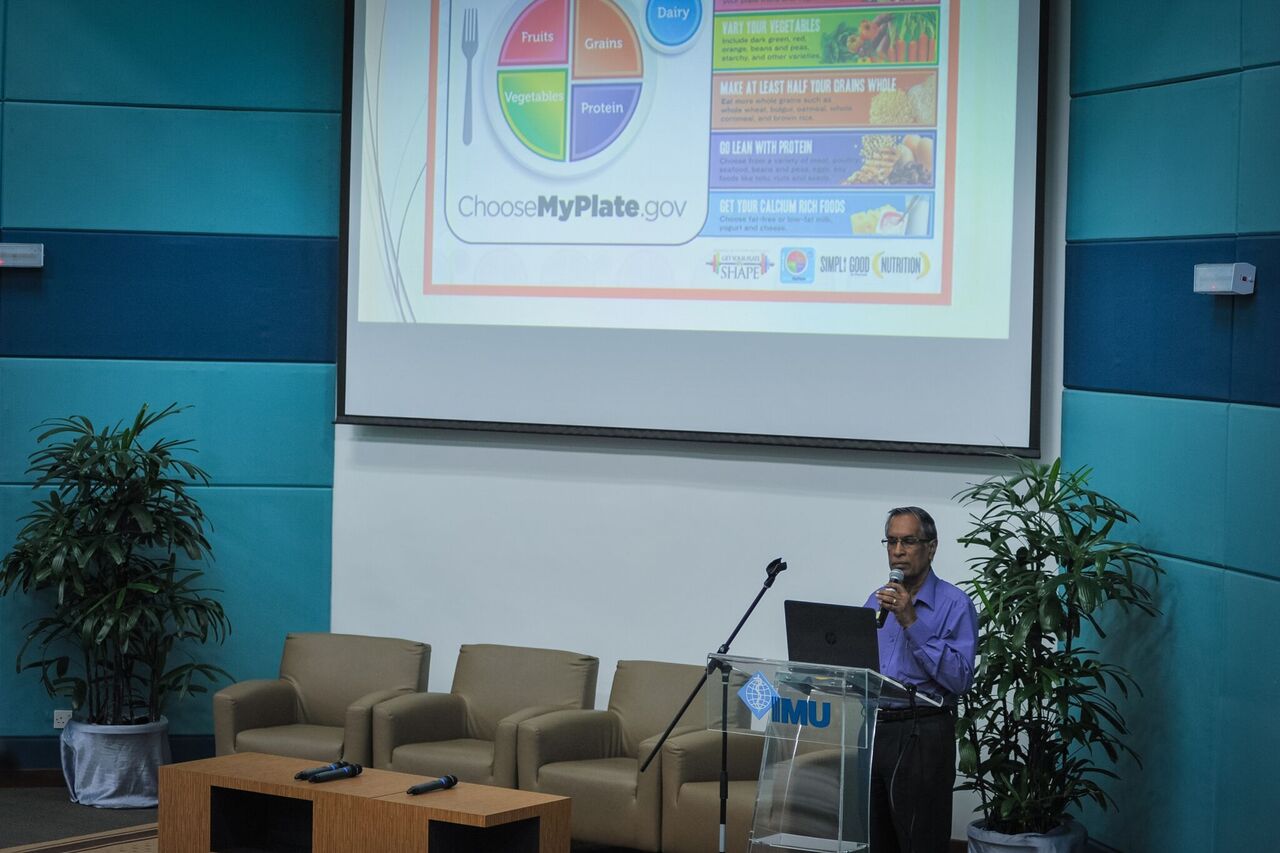
 Prof Dato’ Dr Sivalingam, currently Professor of Obstetrics and Gynaecology and also the Head of Division of Surgery in IMU’s Clinical Campus Seremban, deliberated on food as medicine from the perspective of Western Medicine. On the other hand, food as medicine from the perspective of Traditional Chinese Medicine was addressed by Anthony Wong, who is currently a Lecturer with the Division of Chinese Medicine at IMU.
Prof Dato’ Dr Sivalingam, currently Professor of Obstetrics and Gynaecology and also the Head of Division of Surgery in IMU’s Clinical Campus Seremban, deliberated on food as medicine from the perspective of Western Medicine. On the other hand, food as medicine from the perspective of Traditional Chinese Medicine was addressed by Anthony Wong, who is currently a Lecturer with the Division of Chinese Medicine at IMU.
Too much of anything is always no good. The take home message from this talk is that we must practise moderation – to eat a balanced meal and adopt a healthy lifestyle. Eating a healthy balanced diet and exercising regularly will help us maintain a healthy weight, which itself can reduce the risks of many diseases.




